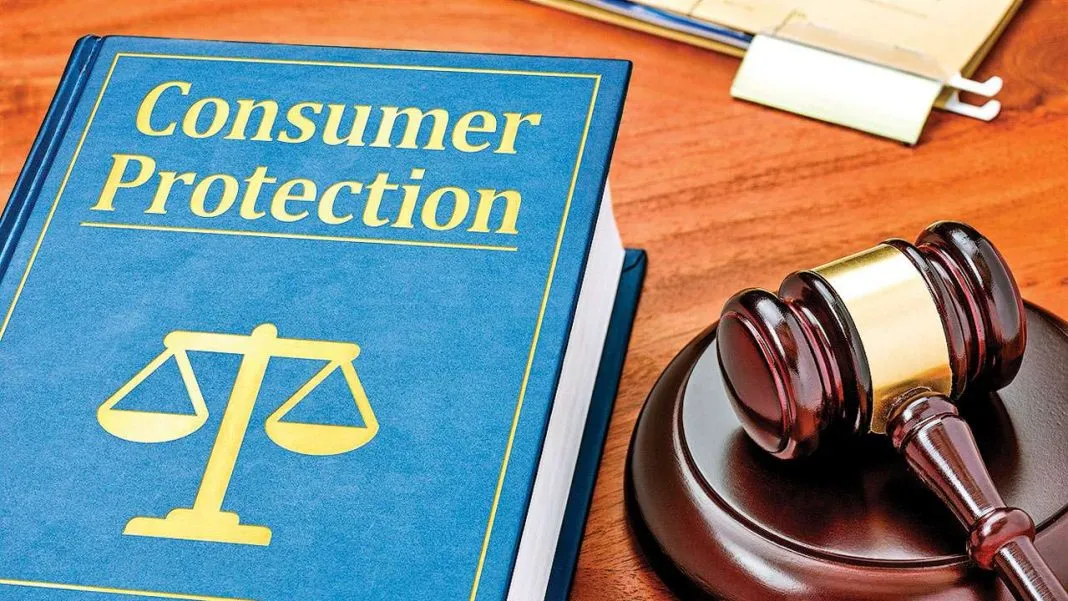1. What is Consumer Protection Law?
Consumer Protection Law is a set of regulations designed to:
-
Protect consumers from defective products and unfair practices
-
Provide remedies in case of grievances against businesses
-
Ensure transparency, quality, and fairness in trade
-
Penalize violations by manufacturers, service providers, or sellers
In India, the main law governing consumer protection is:
-
Consumer Protection Act, 2019
-
Consumer Protection (E-Commerce) Rules, 2020
-
Other related acts including Weight & Measures Act, 1976 and Food Safety and Standards Act, 2006
2. Key Rights of Consumers in India
-
Right to Safety – Protection from hazardous goods and services
-
Right to Information – Accurate information about products and services
-
Right to Choose – Freedom to select products at competitive prices
-
Right to be Heard – Representation in case of complaints or disputes
-
Right to Redressal – Compensation for defective goods or deficient services
-
Right to Consumer Education – Awareness of rights and responsibilities
3. Types of Consumer Disputes
-
Defective Products: Manufacturing defects, expired goods, or unsafe products
-
Deficient Services: Poor service quality, negligence, or delayed delivery
-
E-commerce Disputes: Online shopping complaints, misleading advertisements, or non-delivery
-
Unfair Trade Practices: False claims, hoarding, or black-marketing
-
Professional Negligence: Deficiency in services by doctors, lawyers, or professionals
4. Consumer Dispute Resolution in India
Consumers can file complaints through:
-
Consumer Commissions:
-
District Consumer Forum (claims up to ?1 crore)
-
State Consumer Disputes Redressal Commission (claims ?1–10 crore)
-
National Consumer Disputes Redressal Commission (NCDRC) (claims above ?10 crore)
-
-
Alternative Dispute Resolution:
-
Mediation and conciliation via Consumer Mediation Cells
-
-
E-Commerce Grievances:
-
Complaints under Consumer Protection (E-Commerce) Rules, 2020
-
5. Why Hire a Consumer Protection Lawyer?
A consumer lawyer can help you:
-
File complaints accurately and timely
-
Gather and present evidence of defects or deficient services
-
Represent clients in district, state, or national consumer forums
-
Ensure maximum compensation for losses or grievances
-
Advise businesses on compliance with consumer protection laws
6. Real-Life Example
Case: A consumer purchased an electronic appliance online that stopped working within a month.
Resolution: Legal intervention helped the consumer get full replacement and compensation for inconvenience, guided by Consumer Protection Act, 2019 provisions.
7. Conclusion
Consumer Protection Law is vital for ensuring fair trade, transparency, and justice for consumers. Whether it’s defective goods, deficient services, e-commerce disputes, or professional negligence,






